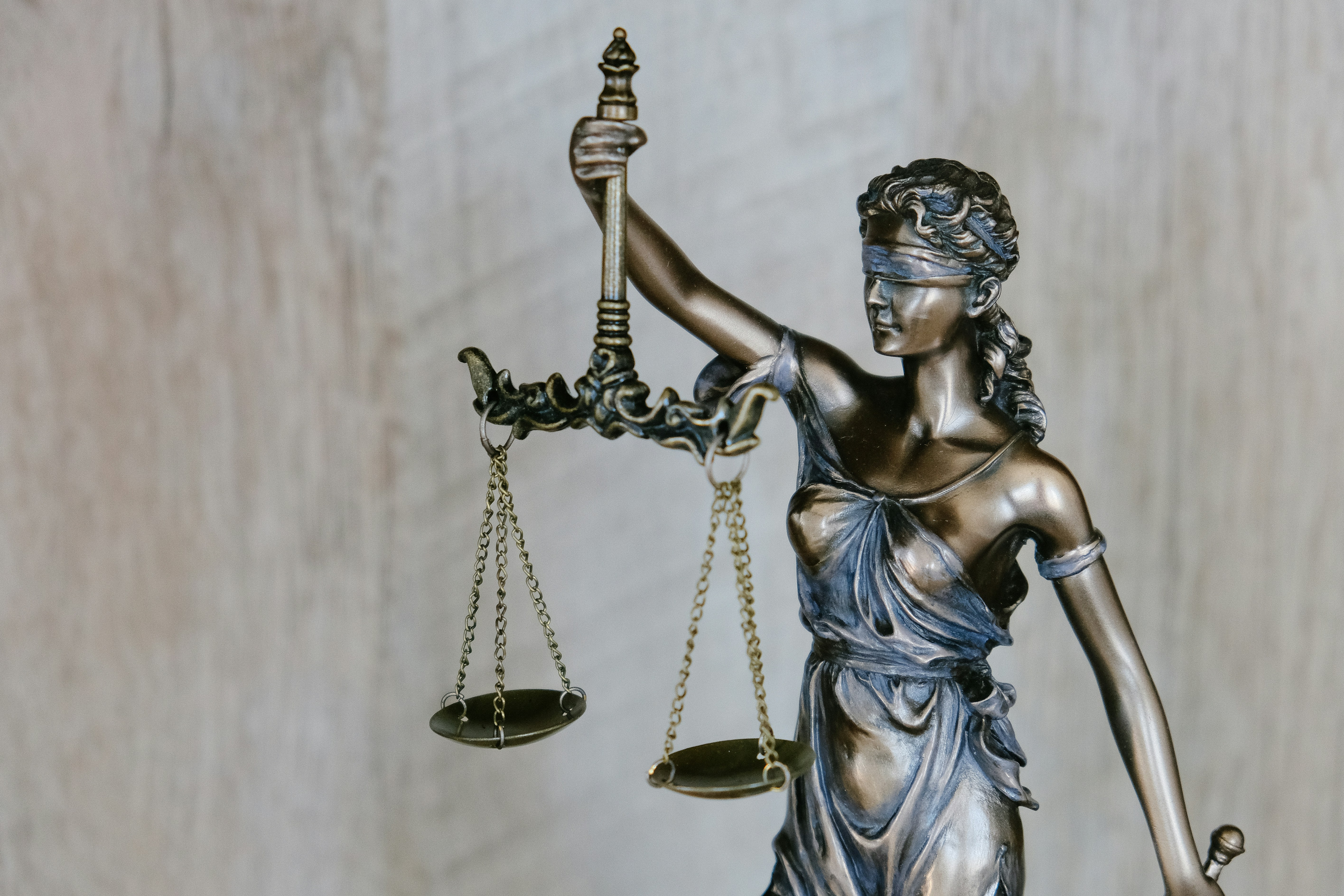Staying Informed: In-Depth Legal Analysis and Recent Rulings on Indian Law and Rights
September 17, 2024 | by ganeshtripura47@gmail.com
 Photo by Lily Miller on Unsplash
Photo by Lily Miller on Unsplash In-Depth Legal Analysis of Indian Law
Indian law is a complex system that plays a pivotal role in governing the lives of its citizens. At its core lies the Constitution of India, which embodies fundamental rights that protect individual freedoms and guarantee equality before the law. The critical area of constitutional law addresses various rights including the right to education, the right to free speech, and the right to privacy. These rights not only form a framework for civil liberties but also shape the discourse around legal interpretations and applications, often tested in courtrooms across the nation.
Criminal law in India encompasses numerous statutes that seek to define and punish offenses. The Indian Penal Code (IPC) and the Code of Criminal Procedure (CrPC) are foundational legal texts that provide clarity on criminal proceedings. Case law, such as the landmark ruling on the decriminalization of same-sex relationships in 2018, illuminates the evolving nature of legal principles and social justice. Such cases reflect broader societal shifts and the judiciary’s role in interpreting laws to adapt to contemporary standards of morality and ethics.
Another important dimension is property law, which regulates ownership, transfer, and rights related to tangible and intangible assets. The Transfer of Property Act and the Registration Act govern property transactions, while the recent changes in laws concerning land acquisition and real estate highlight the ongoing debates regarding rights, compensation, and development priorities. Family law, too, comprising personal laws governing marriage, divorce, custody, and inheritance, illustrates how cultural variations influence legal stipulations and personal rights within the Indian context.
In this landscape, ongoing discussions surrounding reforms and judicial precedents signal an active engagement with the principles of justice. Legal practitioners and laypersons alike are encouraged to educate themselves on these aspects, as awareness of rights and responsibilities under Indian law is essential for effective participation in society and to ensure equitable access to justice.
Recent Rulings and Practical Advice on Rights
Recent rulings by Indian courts have significantly shaped the landscape of citizens’ rights and legal precedents, displaying a commitment to uphold individual entitlement and social justice. Landmark cases have emerged, resulting in key decisions that address issues ranging from constitutional rights to social equity. For instance, the Navtej Singh Johar v. Union of India ruling decriminalized homosexuality, thereby reinforcing the principles of dignity and equality enshrined in the Constitution. This landmark judgment has had profound implications for the LGBTQ+ community, setting a crucial precedent for future cases involving rights and freedoms.
Another notable case is the Vishaka v. State of Rajasthan, which laid down important guidelines for preventing sexual harassment at the workplace. This ruling not only highlighted the necessity of creating a safe working environment but also established the legal framework that empowers individuals to seek redressal against discrimination and harassment based on gender. Through these rulings, the judiciary has emphasized the importance of interpreting the law in a manner that fosters societal progress and aligns with international standards of human rights.
To navigate legal challenges effectively, individuals must be proactive in asserting their rights. This can be achieved through understanding one’s legal entitlements and seeking appropriate legal resources when required. Engaging with community legal aid organizations or seeking counsel from experienced legal professionals can prove beneficial. Furthermore, staying current with legal developments and rulings is vital for individuals aiming to advocate for their rights. Awareness of ongoing cases and court decisions empowers citizens, allowing them to approach situations with a well-informed perspective. As the judiciary continues to evolve and react to societal issues, it is imperative for individuals to remain vigilant and informed about their rights and the mechanisms available to protect them.
RELATED POSTS
View all


